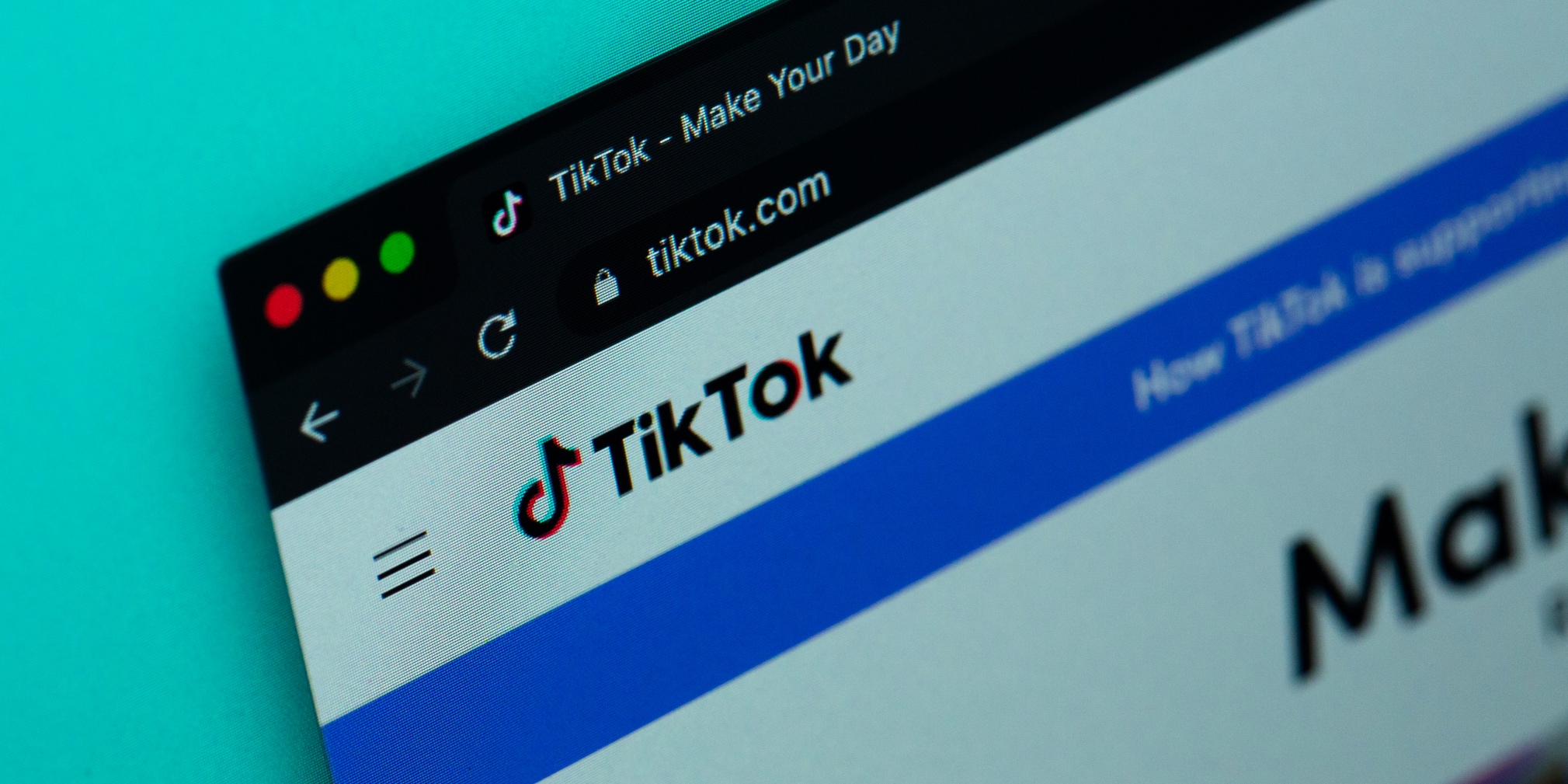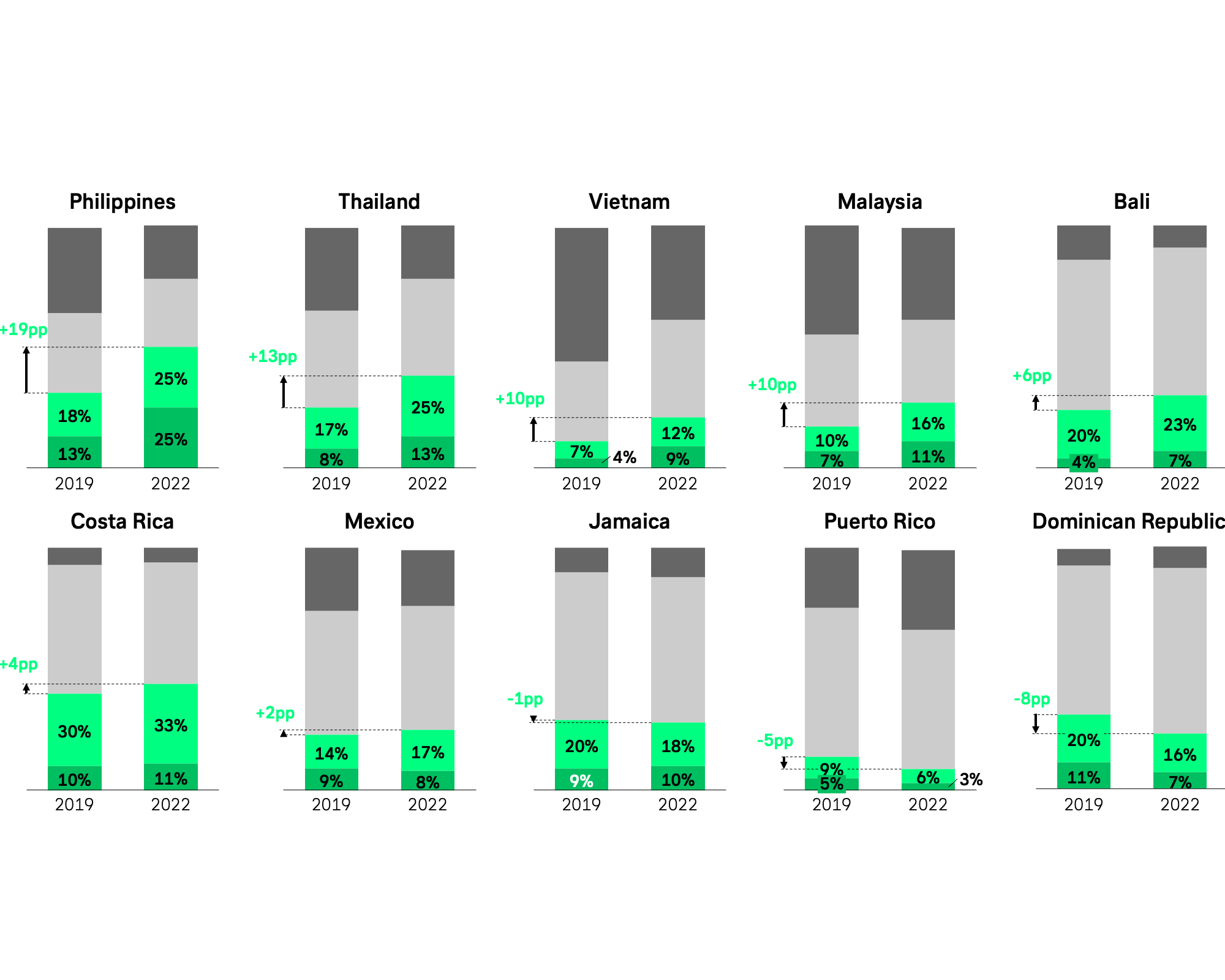In recent months, we have witnessed the rise of Generative AI and Large Language Models (LLMs), transforming industries across the spectrum.
Among them, the travel industry is uniquely positioned to benefit from these technological advancements. In fact, a plethora of travel-tech startups leveraging the power of Generative AI, mostly ChatGPT to be specific, have entered the market, offering AI-powered ways to search for travel.
Some of these ventures include Roam Around, iplan.ai, AMBL, GuideGeek, and many more, which we will present in this report. Also, major OTAs like Expedia have already integrated ChatGPT directly into their own apps to enable conversational travel planning.
However, despite the incredible potential, the current interface of ChatGPT has yet to fully showcase its capacity to disrupt travel search and booking.
In this report, we aim to explore the reasons behind this limitation and propose an innovative solution that will unlock the true potential of Generative AI in the context of travel.
We argue that the key to unlocking this potential lies in the integration of Generative AI with map-based interfaces, such as Google Maps, or entirely new map-based applications.
By combining the intuitive and familiar nature of maps with the deep understanding and conversational capabilities of Generative AI applications like ChatGPT, we can create a more efficient, personalized, and engaging travel booking experience.
The report can be downloaded here.













